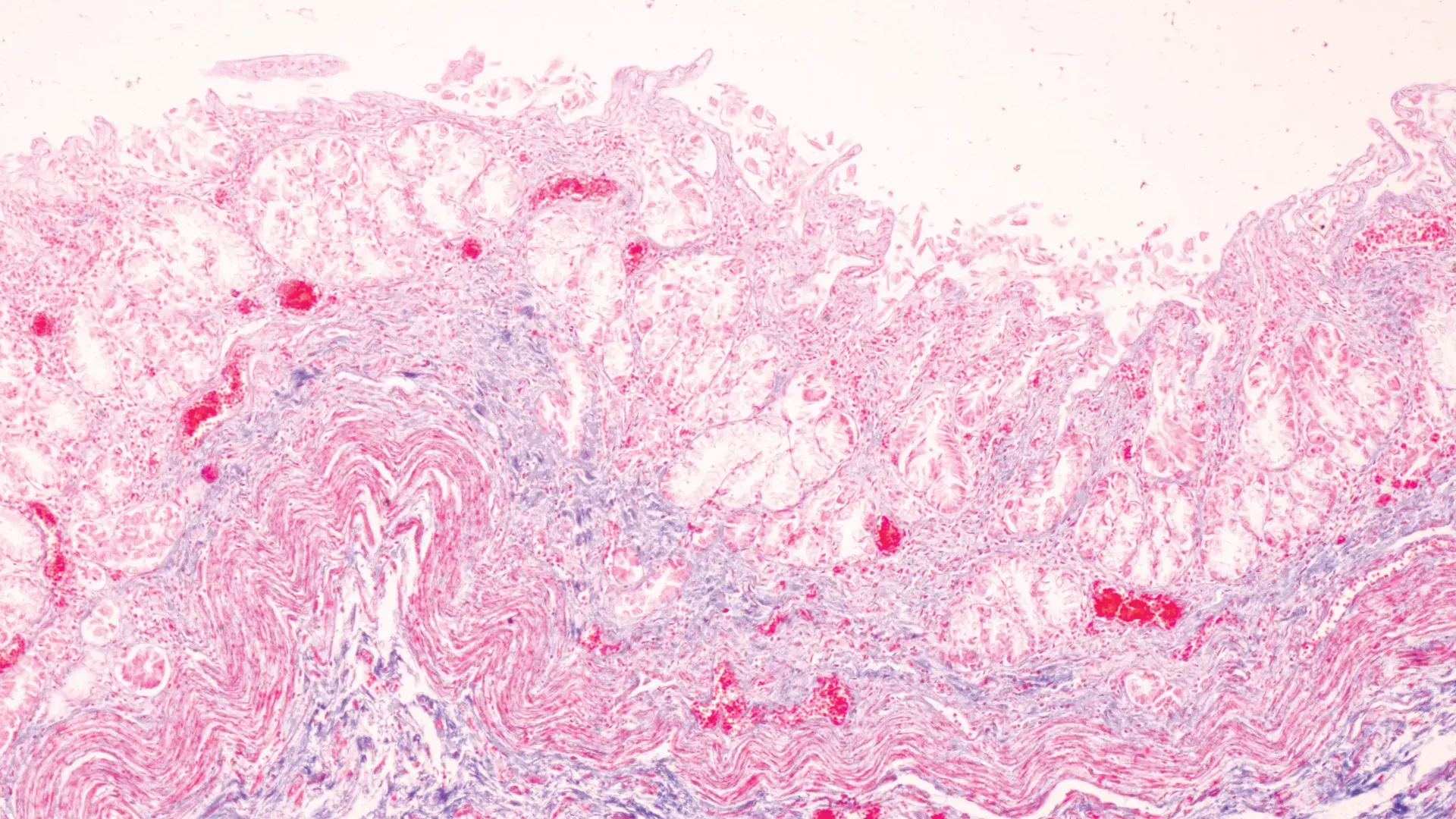4 Questions On NAD/NADH Testing Answered
Unlocking the Secrets of Cellular Energy
1 min read
![]() Dr. Chris Meletis, ND
:
September 24, 2019 at 1:51 PM
Dr. Chris Meletis, ND
:
September 24, 2019 at 1:51 PM

A leaky gut can lead to the initiation and progression of autoimmune disease, especially in people who are genetically predisposed. Autoimmune diseases associated with increased intestinal permeability include
In type 1 diabetes, impaired intestinal barrier function has been shown to occur before the onset of the disease, indicating it may play a role in the pathogenesis. Moreover, lipopolysaccharides (LPS), a cell wall component of gram-negative bacteria, can penetrate the intestinal epithelium and translocate into tissues, triggering the development and progression of SLE. The resolution of intestinal permeability through the use of probiotic organisms is a promising approach to supporting the health of people with autoimmune diseases.
Clinically I find that identify specifically which foods are truly agreeable with each of our unique patients is essential. Testing IgG, IgA and IgE are all important ways to eliminate guessing whether a specific food is “an antigenic and immune burden.” As clinicians we all know food is either our best friend or worse enemy.
Make sure to check out US BioTek's webinar on the link between leaky gut and food allergies/sensitivities.
References:
1. Lin R, Zhou L, Zhang J, et al. Abnormal intestinal permeability and microbiota in patients with autoimmune hepatitis. Int J Clin Exp Pathol. 2015 May 1;8(5):5153-60.
2. Khaleghi S, Ju JM, Lamba A, et al. The potential utility of tight junction regulation in celiac disease: focus on larazotide acetate. Therap Adv Gastroenterol. 2016 Jan;9(1):37-49.
3. Fasano A, Shea-Donohue T. Mechanisms of disease: the role of intestinal barrier function in the pathogenesis of gastrointestinal autoimmune diseases. Nat Clin Pract Gastroenterol Hepatol. 2005 Sep;2(9):416-22.
4. Tlaskalová-Hogenová H, Stěpánková R, Kozáková H, et al. The role of gut microbiota (commensal bacteria) and the mucosal barrier in the pathogenesis of inflammatory and autoimmune diseases and cancer: contribution of germ-free and gnotobiotic animal models of human diseases. Cell Mol Immunol. 2011 Mar;8(2):110-20.
5. Fasano A. Zonulin, regulation of tight junctions, and autoimmune diseases. Ann N Y Acad Sci. 2012 Jul;1258:25-33.

Unlocking the Secrets of Cellular Energy

Short chain fatty acids (SCFAs) are organic acids produced by bacterial fermentation of dietary fibre and resistant starch. Enterocytes and...

Zonulin has emerged as a popular marker to assess the integrity of the intestinal mucosal barrier. Discovered by Dr Alessio Fasano, Zonulin...